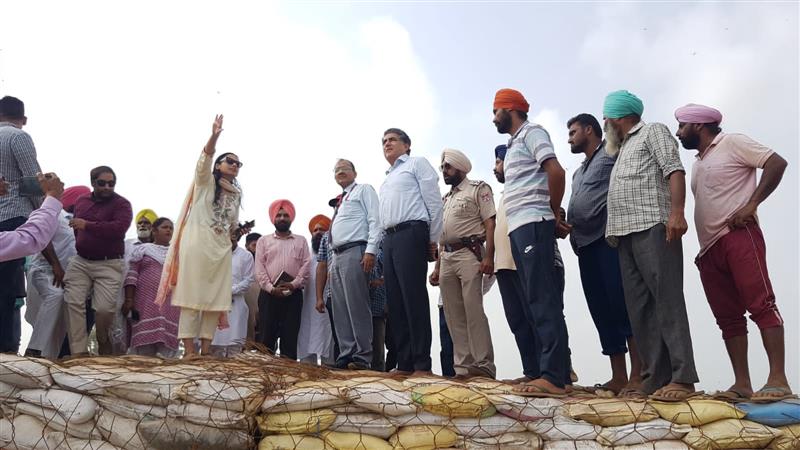
New Delhi, August 10
The government today introduced a contentious Bill in the Rajya Sabha that seeks to replace the Chief Justice of India with a Cabinet Minister in the panel for selection of the Chief Election Commissioner and Election Commissioners, in a move that will allow the Centre to have more control in the appointments of members of the poll panel.
The Bill was introduced amid an uproar by the Opposition, including the Congress and AAP that accused the government of “overturning” a Constitution Bench order. The Supreme Court had in March ruled that a three-member panel, headed by the PM and comprising the Lok Sabha Leader of Opposition (LoP) and the Chief Justice of India, will select the CEC and ECs till a law was framed by Parliament on the appointments.
Overturning SC order on appointments?
- The SC in March ruled that a three-member panel comprising the PM, LoP and CJI would select the CEC and ECs
- The arrangement was to be in place till a law was framed by Parliament on the appointment of poll commissioners
- The apex court had aimed to insulate the appointment of the CEC and the ECs from the Executive’s interference
- PM-chosen Union Cabinet Minister to replace CJI in panel
The Chief Election Commissioner and other Election Commissioners (Appointment Conditions of Service and Term of Office) Bill, 2023, was moved by Minister of State for Law and Justice Arjun Ram Meghwal in the Upper House. According to the Bill, future CEC and ECs will be selected by a three-member panel headed by the PM and comprising the LoP and a Cabinet Minister.
it’s Black day for indian democracy
A black day for Indian democracy today as the Modi government seeks to reconstitute ‘Election Commission of India’ as ‘Modi Election Commission’! —Randeep Surjewala, Cong
again shows PM doesn’t obey SC
I had already said the PM does not obey the SC. His message is clear— he will bring a law in Parliament to overturn any apex court order that he does not like. —Arvind Kejriwal, AAP
The first vacancy will arise in the Election Commission early next year when Election Commissioner Anup Chandra Pandey demits office on February 14 on attaining the age of 65 years. His retirement will come days before the likely announcement of the 2024 Lok Sabha polls.
According to the Bill, the CEC and ECs shall be appointed by the President on the recommendation of the panel with the PM as its chairperson, LoP and a minister nominated by the PM. Congress leader Randeep Singh Surjewala said, “As we objected to the brazen assault on India’s democracy and bulldozing of the Constitutional independence of the ECI, the Bill was deliberately introduced in the din, bypassing all sense of parliamentary procedures and constitutional propriety.” Predicting that since the BJP was faced with “imminent defeat in the five election-going states as also the 2024 Lok Sabha elections”, Surjewala said, “The Bill is a sinister ploy to hijack democracy by constituting a puppet Modi Election Commission.”
Delhi CM Arvind Kejriwal also attacked the Prime Minister claiming the Bill would influence the fairness of elections. “I had already said the PM does not obey the Supreme Court of the country. His message is clear—he will bring a law through Parliament to overturn whichever SC order he does not like.”










































































